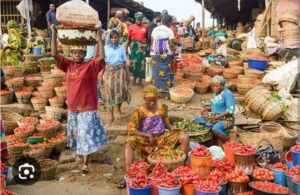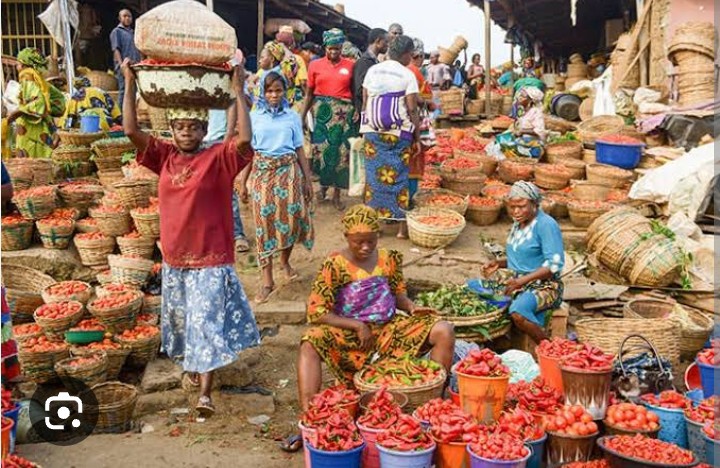

By correspondent in Lokoja.

(C).Medium.
Initiative for Grassroot Advancement (INGRA), a civil society organization,CSO,has advised Kogi state government to declare a state of emergency on its agriculture sector and free up human and financial resources in order to avoid the looming hunger.
The organization also urged the government to rise to the high cost of living and stem the tide of unchecked inflation of food prices in the state.
The Executive Director,INGRA, Hamza Aliyu, made the call in a statement he made available to journalists, according to Kogi Report.
INGRA stressed the need for the Alhaji Ahmed Usman Ododo-led government to check the poor funding of the agriculture sector and its effects on small scale farmers,a development it noted had been the experience in the state in the past.
INGRA expressed optimism that prompt release of budgeted funds to agriculture sector would stop the crippling activities of the State Ministry of Agriculture.
It said:”For the umpteenth time since 2020, Kogi state has top the states with the highest food inflation in Nigeria, according to the National Bureau of Statistics (NBS).
“The report revealed that in July 2021, food inflation was highest in Kogi at 28.51 per cent, Enugu at 24.57 percent, and Lagos at 24.04 per cent. This is in contrast to Sokoto, Akwa Ibom and Imo which recorded price deflation or negative inflation (general decrease in the general price level of food or a negative food inflation rate) within the period. “This trend has been consistent for close to a year.
“The NBS report, however, states that the rise in food prices was slower in month-on-month.
“It is no gain saying that Kogi state is blessed with large arable land, vast water bodies and a large population of small scale subsistence farmers. It is inconceivable that food prices should be the highest in the Nation.
“This rise in the food index, according to the Bureau, was caused by increases in prices of bread and cereals, potatoes, yam and other tubers, milk, cheese and eggs, fish, soft drinks, vegetables, oils and fats and meat. This ought to be a baseline for our State Ministry of Agriculture to look at these food items.
“Kogi state has comparable advantage when it comes to food items like fish, yams and tubers, meat, rice and beans. Many of our communities produce these items in large quantities. The question is why are the prices not cheaper in Kogi than in Sokoto and Akwa Ibom or Imo, who do not produce these foods?
The organization also called on the state government to look into the issues against the large scale production of food for local consumption and export.
INGRA continued:” Billions of Naira has been spent on various Agricultural interventions, both by the state and by Multilateral organizations, with very little results to show for it.
“The colossal expenditure on the Ejiba Rice Mill was premised on the fact that, the State would reap from the bountiful supply of paddy rice and thus produce rice at affordable cost to citizens and have enough for export.”
“The Mill has been lying fallow without any returns on investment since it was commissioned.
“Support for small scale farmers, especially women farmers, who form the bulk of producers of food in the state, has been at best, minimal with no viable strategy for increasing their output.”
Meanwhile,Kogi,an agrarian state,has retained 44.2%, indicating highest rise in food inflation in January 2024, thus continues as the most expensive state in Nigeria, according to the National Bureau of Statistics (NBS),
NBS added that Kwara state trailed with 40.9 per cent, Rivers, 40.1 per cent, Bauchi,28.83 per cent, Adamawa, 29.8 per cent and Kano,30.08 per cent in that order.
Kogi shares proximity with Benue, described as Nigeria’s leading food producer and itself, regarded as producer of rice, cassava, cashews, and sesame seeds among others.
Edited by Dawud Ahmed.



